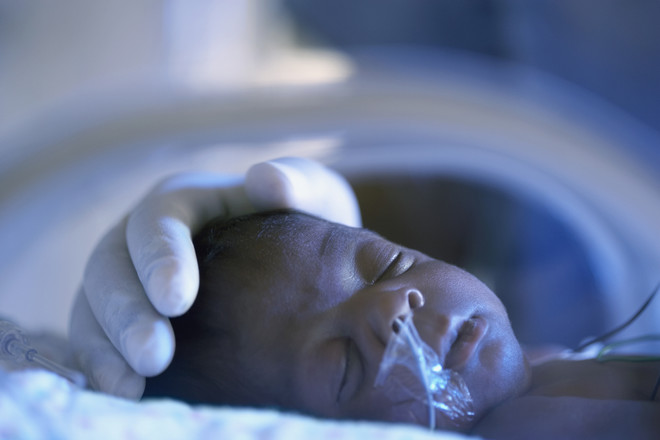Features of intellectual disabilities
85% of preschool children have mental retardationthe retardation does not manifest itself strongly, since it has a weak degree and can be attributed to individual characteristics. The diagnosis is made only after entering school, when the violations become obvious and the child faces problems in learning. Children with intellectual disabilities require a special approach and training from professionals Photo: Getty A child's mental retardation in development varies in the degree of intensity of the pathology:
Children with intellectual disabilities require a special approach and training from professionals Photo: Getty A child's mental retardation in development varies in the degree of intensity of the pathology:
- Mild mental retardation manifeststhe inability of the child to fully assimilate information, it may take longer for the child to learn something new or develop a skill than an ordinary child. But such children willingly communicate with their peers, and in adulthood they become full-fledged members of society.
- A moderate degree is diagnosed in earlyage, during the period when intensive formation of speech and physical skills should occur. By the age of 7, the development of such children corresponds to the level of 2-3 years in a healthy child. This degree is often the case with the diagnosis of Down syndrome.
- The severe degree appears in the first months of life.Sitting, crawling, holding an object in hands - children learn all this much later than normal. Speech development occurs very slowly, and only by the age of 10 will a child be able to formulate coherent sentences from words.
There is also a deep degree of mental retardation, which is diagnosed in infancy. This pathology manifests itself externally - the child is physically weak and has a pronounced facial asymmetry.
Raising children with mental retardation
It depends on the degree of deviation.Children with a mild form of pathology do not differ in appearance from others, they can communicate with peers and adults and take care of themselves. Such children can attend a regular school. But they need additional lessons at home, as they have difficulty learning new material. It is better to entrust the education of children with severe forms of pathologies to professionals. There are specialized schools with an adapted program for them. A child with such problems will be calmer and more comfortable there in a group with the same children. Whereas in a regular school, he risks becoming an outcast. With a severe form of the disease, everything is more complicated. Often, children cannot adequately assess what is happening, they cannot even be taught personal hygiene, and some lead an exclusively sedentary lifestyle. Here, parents have to make a choice. One option is - with their written consent, he is sent to a special institution, where he receives care and medical assistance. Keeping the patient at home is also not prohibited.









